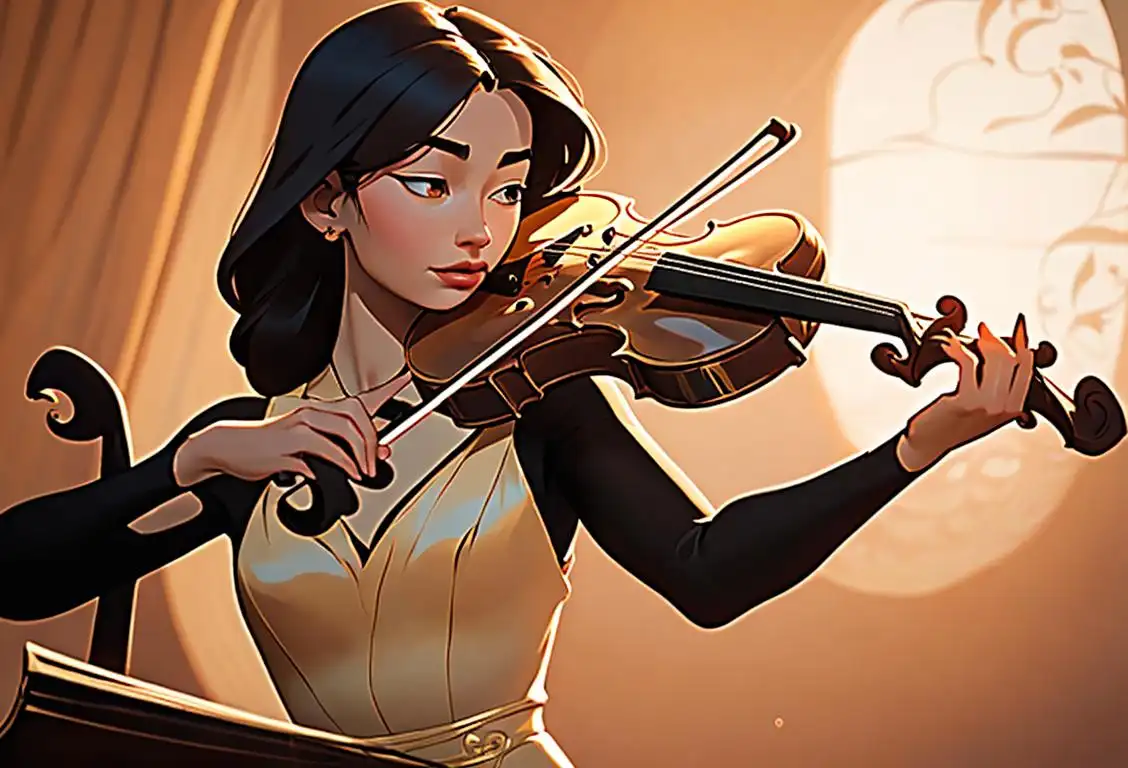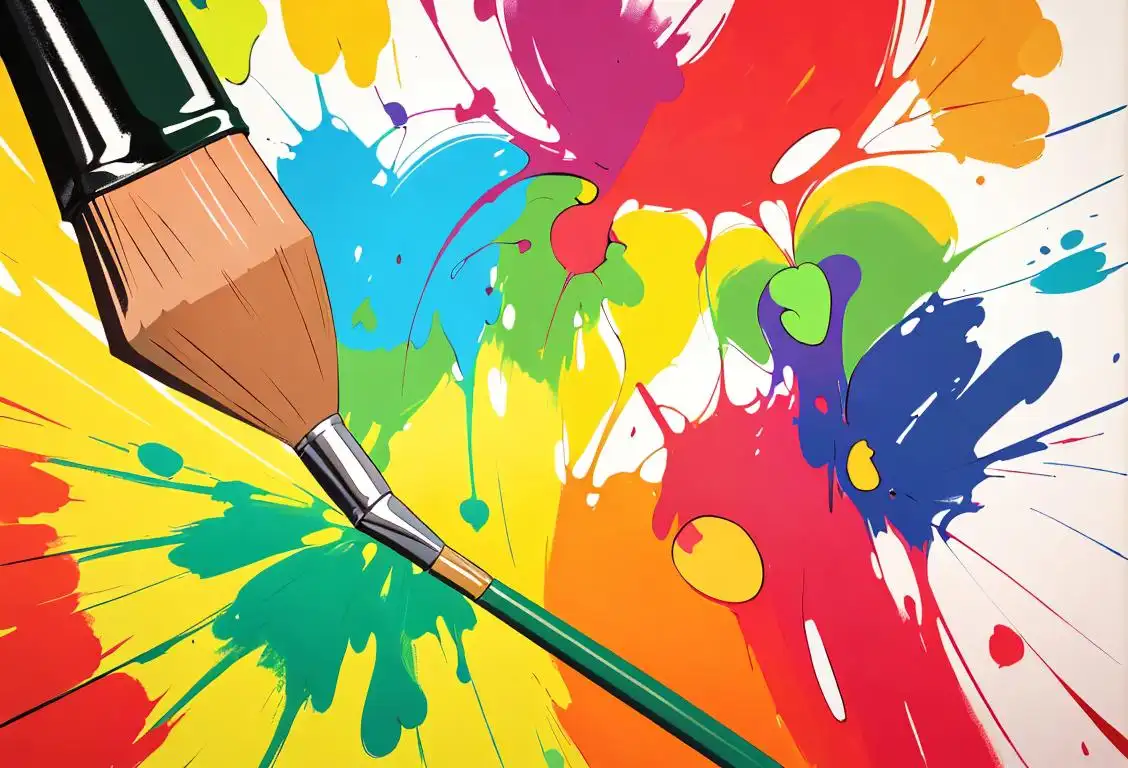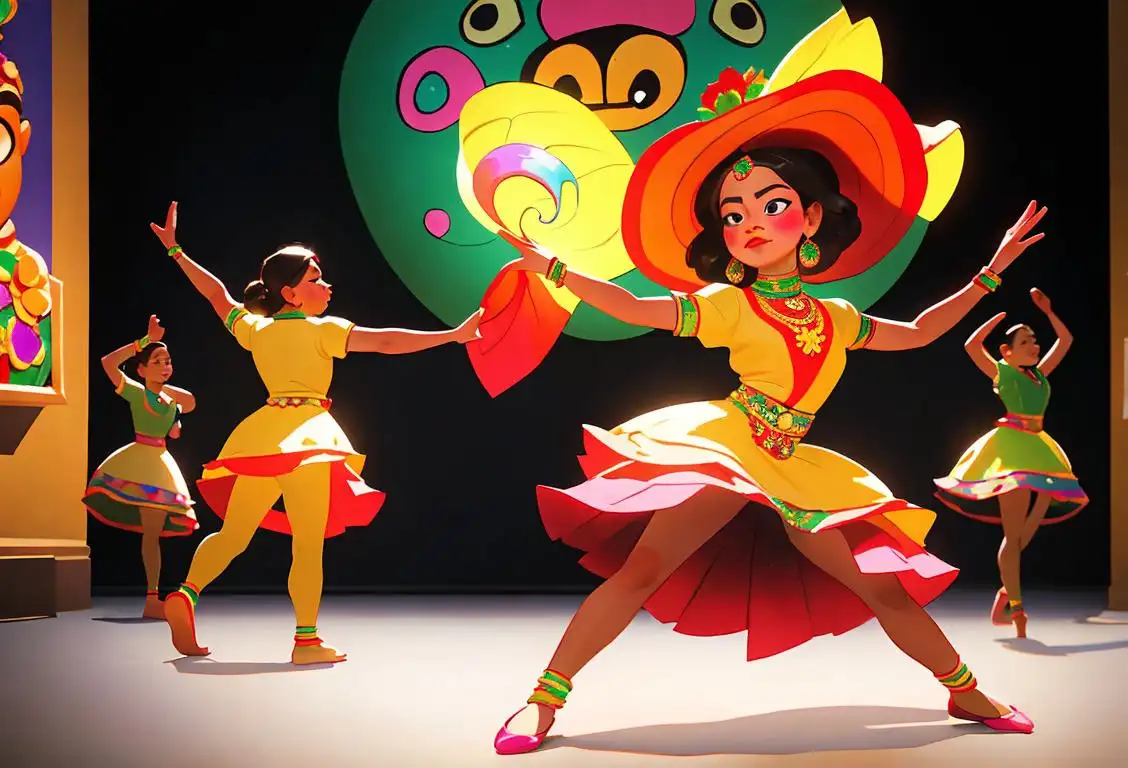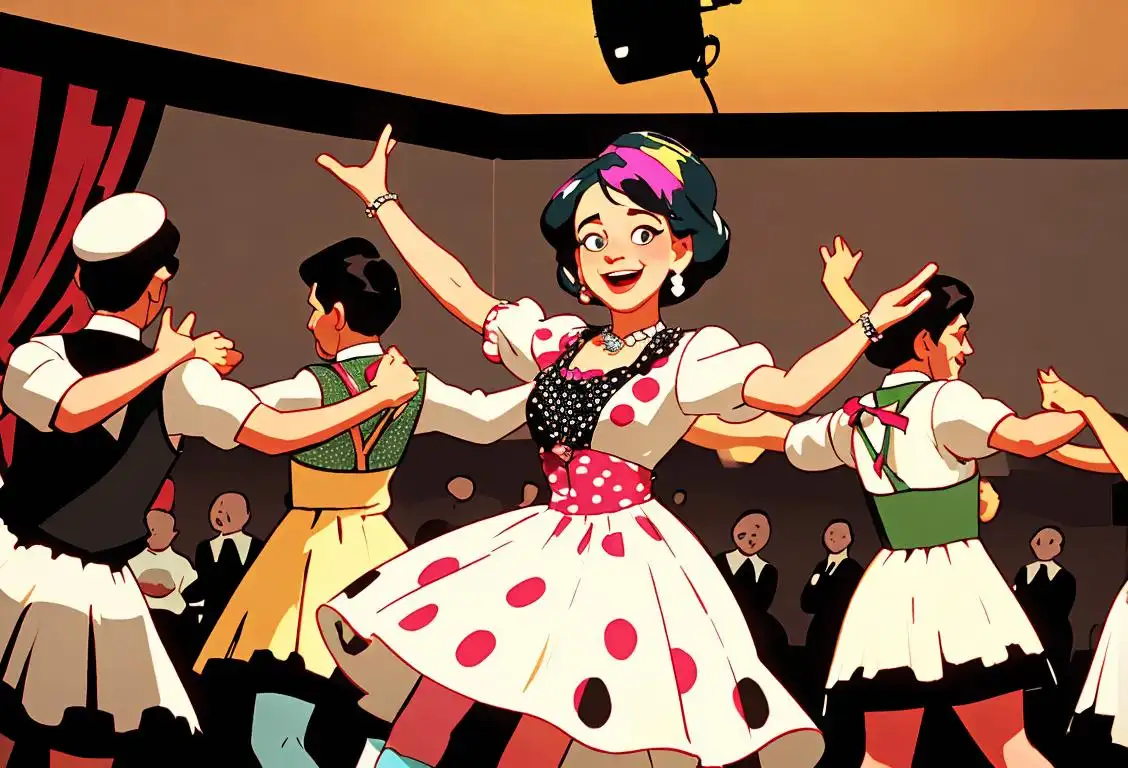National Violin Day

Welcome to the enchanting world of National Violin Day! Grab your bow and rosin, because we're about to dive into the resounding history and melodious wonders of this remarkable instrument.
When is Violin Day?
It's national violin day on the 13th December.
A Symphony of Origins
The violin, with its gracefully curved body and elegant sound, has been captivating audiences for centuries. Its origins can be traced back to the 16th century, where it evolved from bowed string instruments like the medieval fiddle and rebec. The modern violin, as we know it today, took shape in Italy during the early 17th century.
During the Baroque era, virtuosos such as Antonio Stradivari and Guarneri del Gesù crafted instruments that are now considered priceless works of art. These masterpieces continue to inspire awe and admiration among musicians and collectors alike.
An Overture of Appreciation
National Violin Day is a celebration of the instrument that has guided countless symphonies, serenades, and concertos throughout history. From classical greats like Mozart and Beethoven to contemporary maestros such as Itzhak Perlman and Joshua Bell, the violin has woven its melodies into our hearts.
This special day is an opportunity to appreciate the skill, dedication, and passion that violinists pour into their craft. Whether you're a fan of classical compositions or prefer the vibrant sounds of folk or jazz, the violin's versatility will leave you enchanted.
Did You Know?
Violins are as unique as the musicians who play them. Each instrument has its own distinct personality, sound quality, and even a name! Some renowned violins have garnered celebrity-like status, like the "Red Mendelssohn" built by Italian luthier Nicolo Amati.
History behind the term 'Violin'
16th century
The Birth of the Violin
In the 16th century, the modern violin as we know it today began to take shape. It evolved from earlier stringed instruments such as the rebec and the lira da braccio. The violin's distinctive shape, with its curved body, f-shaped soundholes, and four strings, started to emerge during this period.
17th century
Stradivari and the Golden Age
The 17th century marked a significant milestone in the history of the violin with the arrival of master luthier Antonio Stradivari. Stradivari's craftsmanship and attention to detail revolutionized the construction of violins, leading to what is now known as the 'Golden Age' of violin-making. His instruments are highly sought after and considered some of the finest ever created.
18th century
The Rise of Virtuoso Performers
During the 18th century, virtuoso violinists like Niccolò Paganini and Wolfgang Amadeus Mozart elevated the violin to new heights. Their unparalleled skill and innovative compositions pushed the boundaries of what could be accomplished on the instrument. Their performances and compositions showcased the violin's expressive and versatile qualities, solidifying its status as a leading instrument in classical music.
19th century
The Romantic Era and Violin Concertos
The 19th century witnessed a flourishing of violin concertos, particularly during the Romantic era. Immortal works by composers such as Ludwig van Beethoven, Pyotr Ilyich Tchaikovsky, and Johannes Brahms showcased the virtuosity of the violin and its ability to convey rich emotions. These concertos remain beloved staples of the classical repertoire and continue to inspire violinists and audiences alike.
20th century
Influence on Other Musical Genres
In the 20th century, the violin proved its adaptability by branching out beyond classical music. It found a place in various genres, including jazz, folk, and even rock. Iconic violinists like Stéphane Grappelli, Jean-Luc Ponty, and David Garrett demonstrated the instrument's versatility and ability to blend seamlessly with different musical styles. The violin's warm and expressive tone added a unique dimension to these genres.
Did you know?
The world's smallest playable violin is smaller than a matchstick and was crafted by Eric Meissner in the United States!Tagged
culture music artFirst identified
13th December 2015Most mentioned on
13th December 2016Total mentions
1007Other days
Violin Day
Barbershop Quartet Day
Louisiana Day
Inspire Your Heart With Art Day
Museum Of Mexican Art Day
Museum Of Korea Gave Out Free Cds Day
Batik Day
Museum Of Mexican Art In Chicago Does An Annual Exhibit For The Day
Dubstep Day
Polka Day








